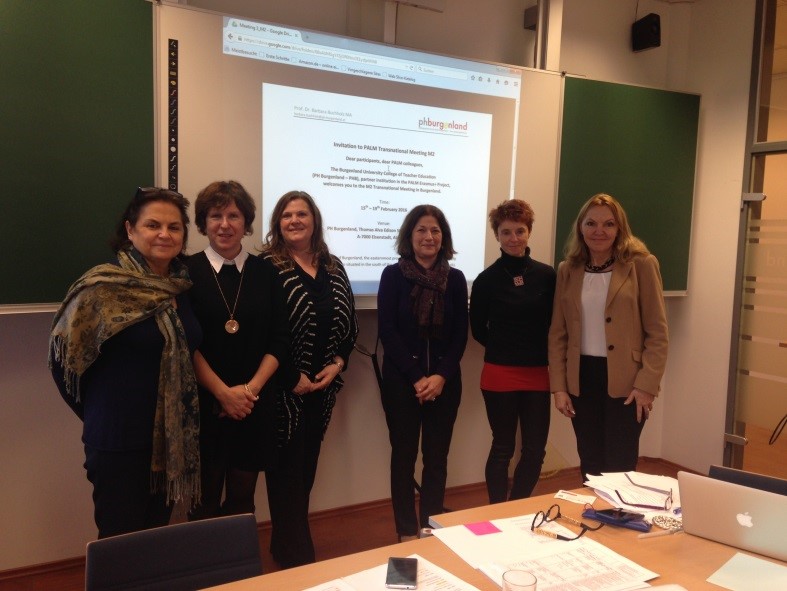J. Mangayarkarasi,
Associate Professor of English
Ethiraj College for Women,
Chennai- 8
Modern day usage of English may seem to have nothing in common with the English that was used in Shakespeare’s time, but it is not so. His usage of English and his diction may seem very different and old now, but his contribution to the current set of words and syntax is immense mainly because he structured his poetry and plays in a different manner. This helped to standardize grammatical rules and his invention of new words added to the existing corpus of words. He revived the usage of suffixes and prefixes, and was brave enough to change the verbs into adjectives and nouns into verbs. Though his spellings have been changed over the years, his grammatical rules are still being followed by the users of the English language even now. Many people who use certain phrases and words from the English language do not realise that before Shakespeare’s time they existed either as a word that meant something completely different to the modern day usage or did not exist at all and were coined by Shakespeare. The risks and artistic license taken by a single playwright has had such a huge impact on the very language that was his mother tongue and his tool of trade and this kind of magic can be wrought only by someone who is truly gifted. And a universally acknowledged fact is how gifted Shakespeare was.
His usage of iambic pentameter in his sonnets gives it a particular rhythm that is very catchy and mesmerising at the same time. The metaphors, similes’ and the rhyme scheme makes it easy on the ears and compels one to remember them, long after they have been spoken. He is credited with coining over a hundred and thirty five phrases, many of which are still being used and has invented over one thousand and seven hundred words which we use in a slightly altered manner nowadays. His flexible usage of words can be seen in his usage of the word “antic”. An antic is a fool, which is a noun. Shakespeare turns it into a verb ‘to make a fool of.’
He can also be credited with simplifying the English language and through the usage of his words and phrases one can easily master speaking English fluently. Since his phrases have a certain rhythm to them they can be easily remembered and would enhance the listening skills of the students.
Works Cited
Baluch, Changiz Khan. "The Influence of Shakespeare on English Language." Web log post. Changizbaluch.wordpress.com. N.p., 8 Nov. 2013. Web. 30 Nov. 2016
King, John, and Warren King. "Words Shakespeare Invented." No Sweat Shakespeare. N.p., n.d. Web. 30 Aug. 2016.



 RSS Feed
RSS Feed
